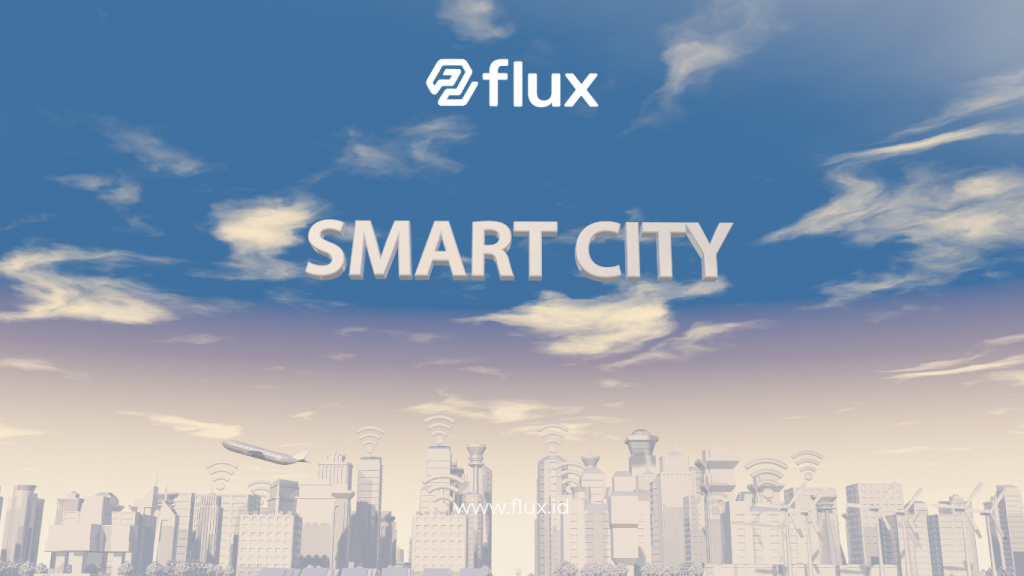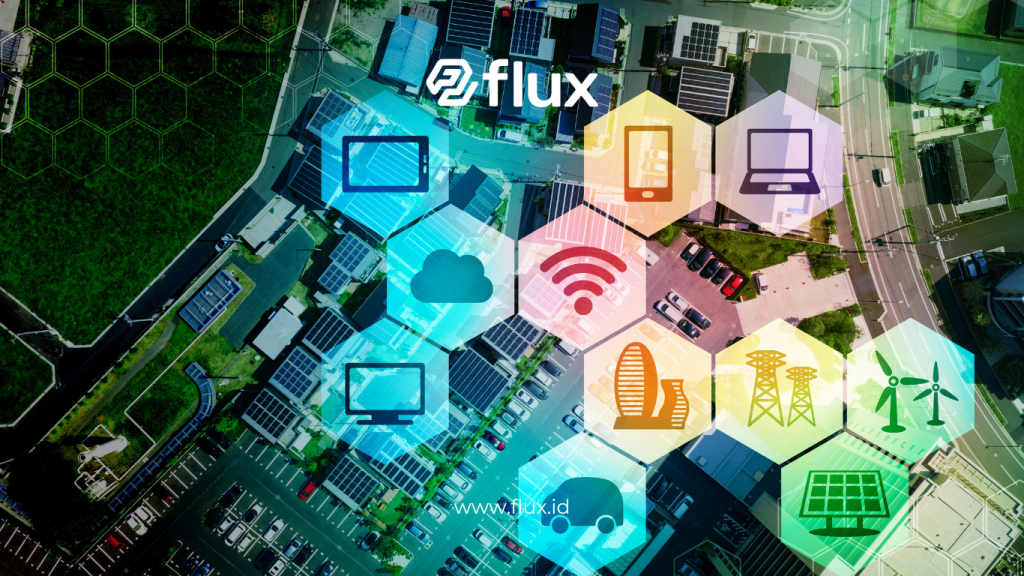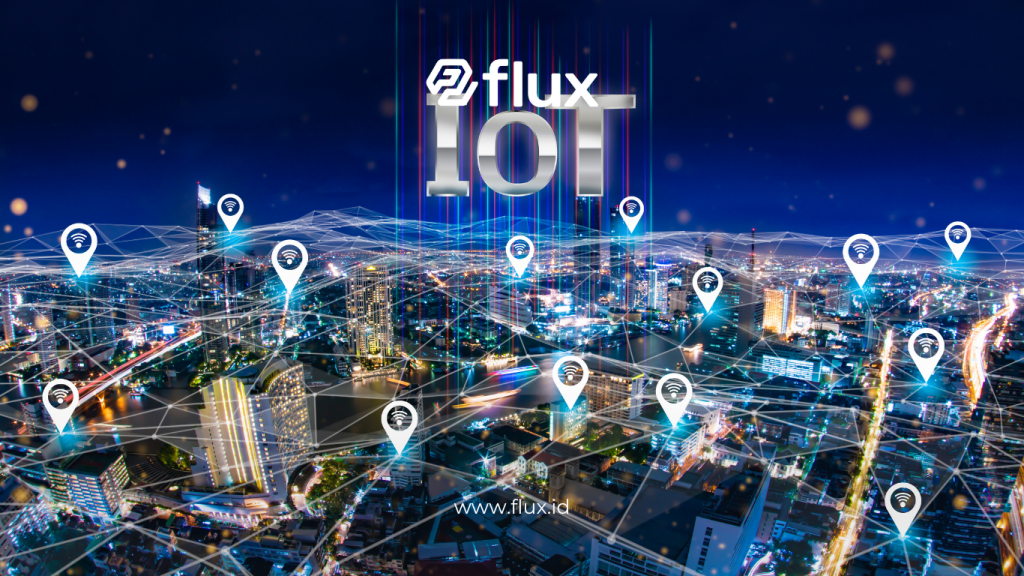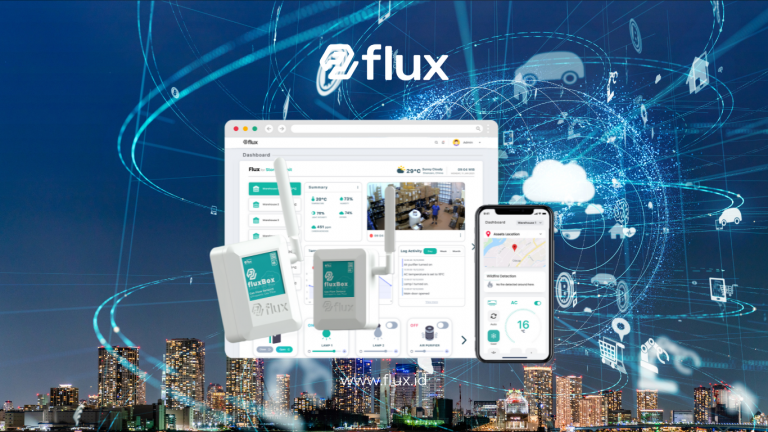Don't miss our holiday offer - 20% OFF!
In recent decades, advancements in information and communication technology have triggered significant transformations in city management. With the use of sophisticated technology, the concept of a “smart city” has emerged to tackle urban challenges such as traffic congestion, pollution, and inefficiencies in public services. This article will discuss essential steps in building a modern and effective smart city.
Contents
- 1 What is a Smart City?
- 2 Benefits of a Smart City
- 3 Key Components of Building a Smart City
- 4 Steps to Build a Smart City
- 5 Technologies Supporting Smart Cities
- 6 Examples of Smart City Implementation in Various Cities
- 7 Challenges in Building a Smart City
- 8 Recommendations for Building a Successful Smart City
- 9 Conclusion
What is a Smart City?

Read More: Smart City Transformation: Understanding the Role of IoT Sensors in Optimizing Urban Infrastructure
A smart city is a city that uses digital technology to improve public service efficiency, reduce resource consumption, and enhance citizens’ quality of life. Technologies like the Internet of Things (IoT), artificial intelligence, big data, and automation systems play a crucial role in a smart city.
Benefits of a Smart City
- Energy Efficiency and Resource Management
- A smart city can reduce energy consumption through automated monitoring systems and integration with smart grids.
- Improved Quality of Life
- With intelligent transportation systems and digital healthcare services, urban residents can enjoy a more convenient life.
- Reduction of Emissions and Pollution
- The use of renewable energy and sustainable transportation systems helps mitigate environmental impacts.
Key Components of Building a Smart City

Read More: How Smart Trash Sensors Work in a Smart City: Optimizing Waste Management with IoT Technology
- Digital Infrastructure
- Strong internet connectivity is essential to support communication and data exchange between smart devices.
- Smart Transportation Systems
- Implementing app-based public transportation, real-time traffic monitoring, and intelligent road networks can reduce congestion.
- Renewable Energy and Resource Management
- Smart cities must prioritize renewable energy and efficient water and waste management systems.
- Environmental Monitoring and Security
- IoT sensors monitor air pollution, noise, and climate change, while AI-based security systems help lower crime rates.
Steps to Build a Smart City
- Defining a Vision and Goals for a Smart City
- The initial step in building a smart city is defining a clear vision of the intended benefits.
- Developing a Strategic Plan
- This plan should include budgeting, regulations, and a roadmap for long-term technology implementation.
- Digital Infrastructure Development
- Digital infrastructure includes 5G networks, data centers, and IoT integration that enable data collection and analysis.
- Collaboration with the Private Sector
- Engaging the private sector in providing technological services can drive innovation.
- Community Involvement
- Involving citizens in smart city development is essential for ensuring they feel invested in and supportive of this transformation.
Technologies Supporting Smart Cities
- Internet of Things (IoT)
- IoT enables real-time monitoring and integration of urban infrastructure, such as smart street lights and water sensors.
- Big Data and Analytics
- Through big data analysis, cities can identify existing issues and make data-driven decisions.
- Artificial Intelligence (AI)
- AI can be used to predict traffic patterns, detect crime, and improve public services.
- Blockchain
- Blockchain offers transparency in city transactions, such as tax management or land ownership.
- 5G and High-Speed Connectivity
- High-speed connectivity facilitates fast communication between smart devices and improves information accessibility.
Examples of Smart City Implementation in Various Cities

Read More: Artificial Intelligence and IoT: Transforming an Ordinary House into a Smart Home
- Singapore
- Singapore has implemented smart transportation systems and digital health monitoring for its citizens.
- Amsterdam, Netherlands
- Amsterdam is known for its smart energy grid and advanced emissions monitoring to support a healthy environment.
- Barcelona, Spain
- This city integrates IoT for waste management, street lighting, and smart parking systems.
Challenges in Building a Smart City
- Infrastructure Availability
- Some cities may face infrastructure limitations that hinder smart city technology adoption.
- Funding and Resources
- The high costs of implementing and maintaining smart city technologies are major challenges for many cities.
- Data Security and Privacy
- With the massive collection of data, there are concerns about data leaks and privacy breaches.
- Digital Divide
- Not all urban residents have equal access to technology, making the digital divide a serious issue.
Recommendations for Building a Successful Smart City

- Focus on Citizens’ Needs
- Ensure that technology implementation is oriented toward improving citizens’ quality of life.
- Implement Strong Data Security Policies
- Establish policies that protect data privacy and ensure transparency in public data management.
- Enhance Collaboration Among Stakeholders
- Collaboration among government, the private sector, and the community is essential for successful smart city implementation.
- Adopt Technology Gradually
- Gradual implementation of technology can help address challenges effectively as they arise.
Conclusion
Building a smart city is a complex digital transformation process that brings significant positive impacts on urban issues. With the right technology and community involvement, cities can become more efficient, sustainable, and comfortable for residents. For governments, developing a solid strategic plan and collaborating with various stakeholders is key. As technology continues to evolve, the future of smart cities is expected to become more inclusive and provide tangible benefits for society.





